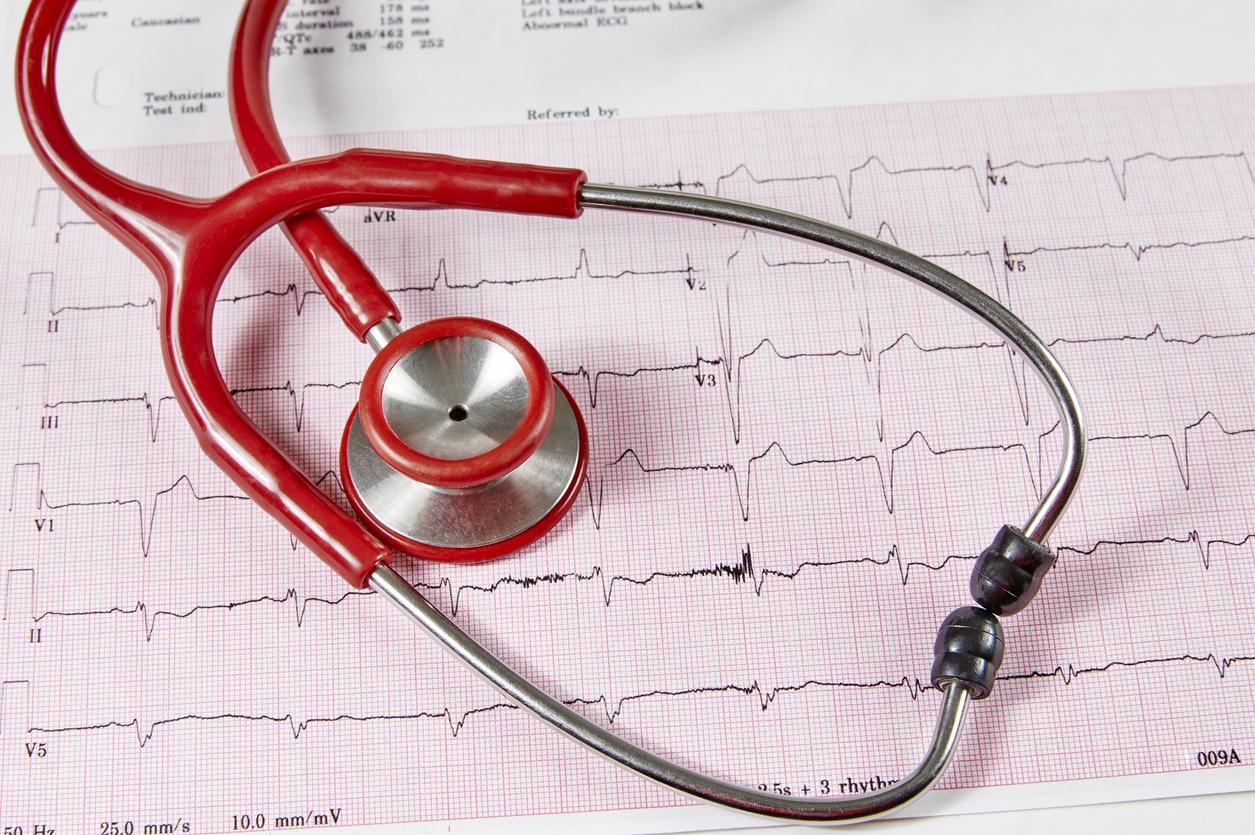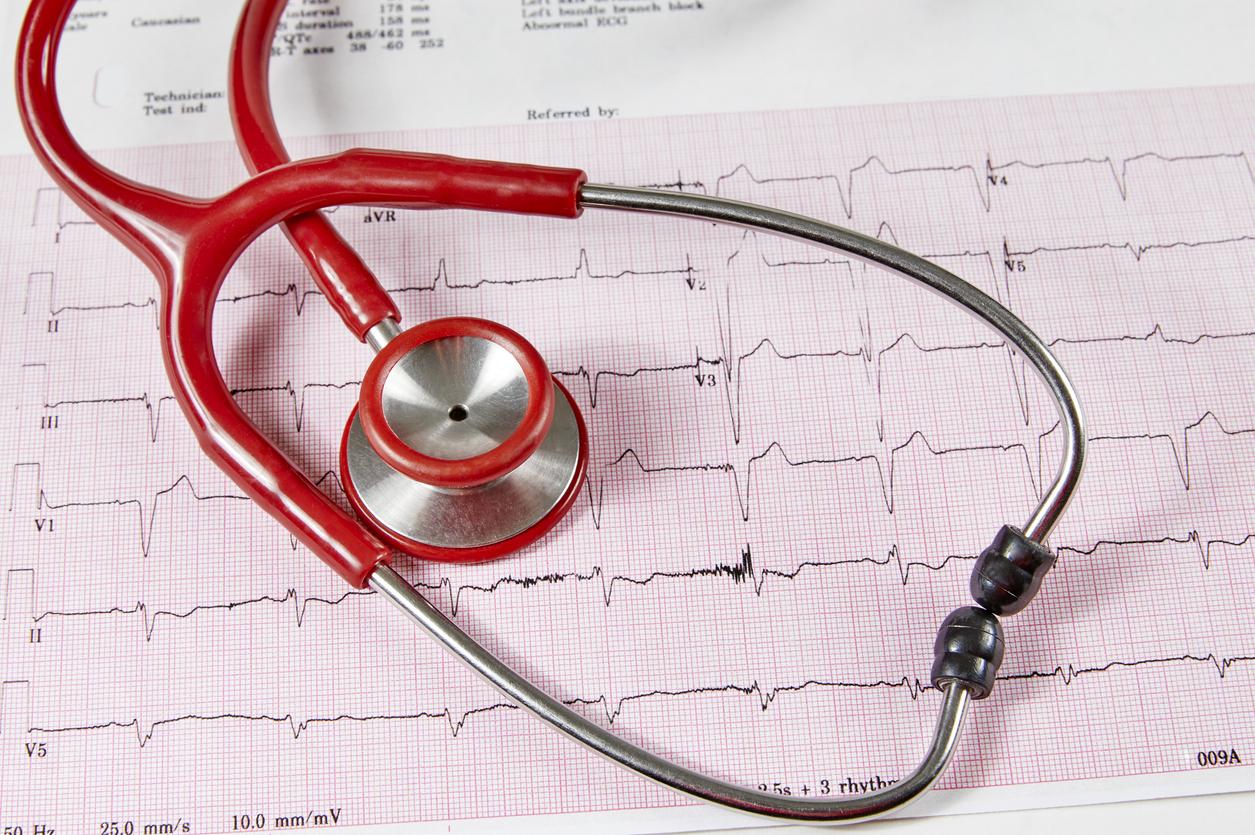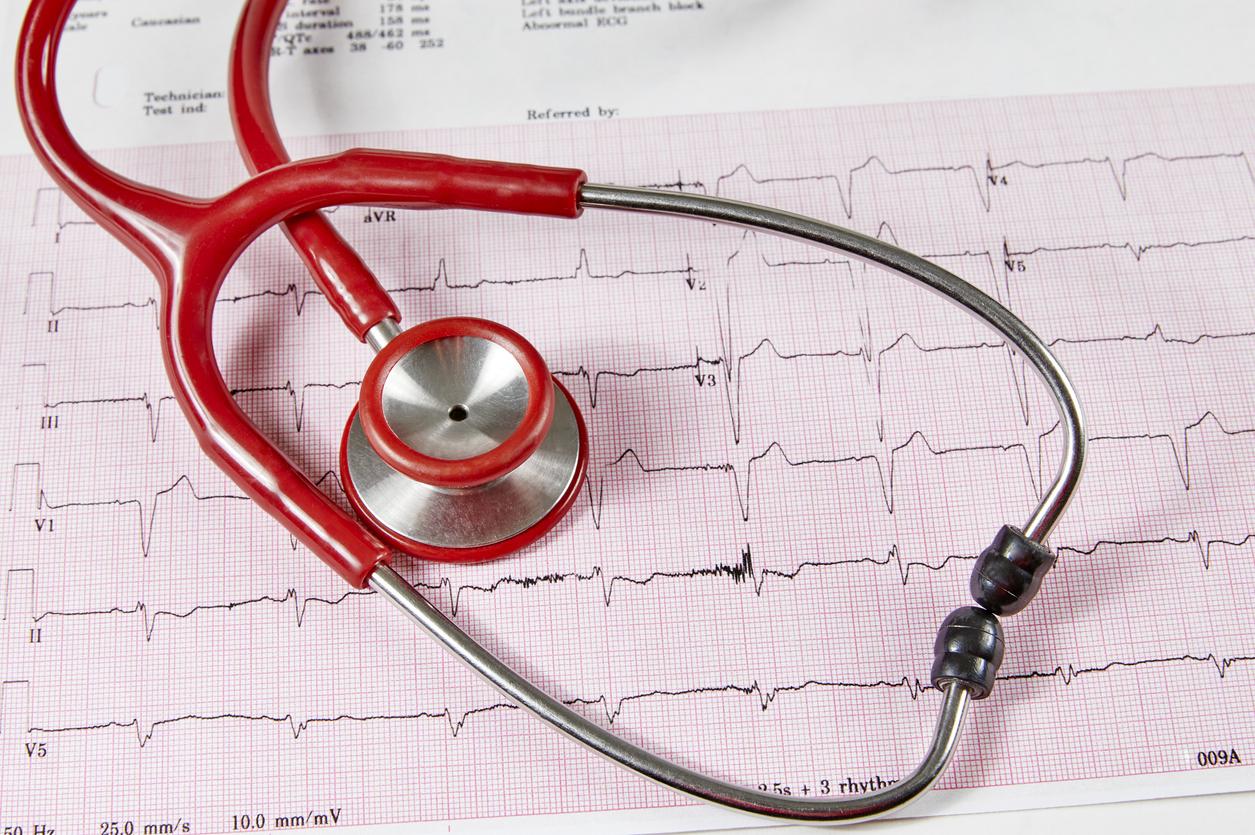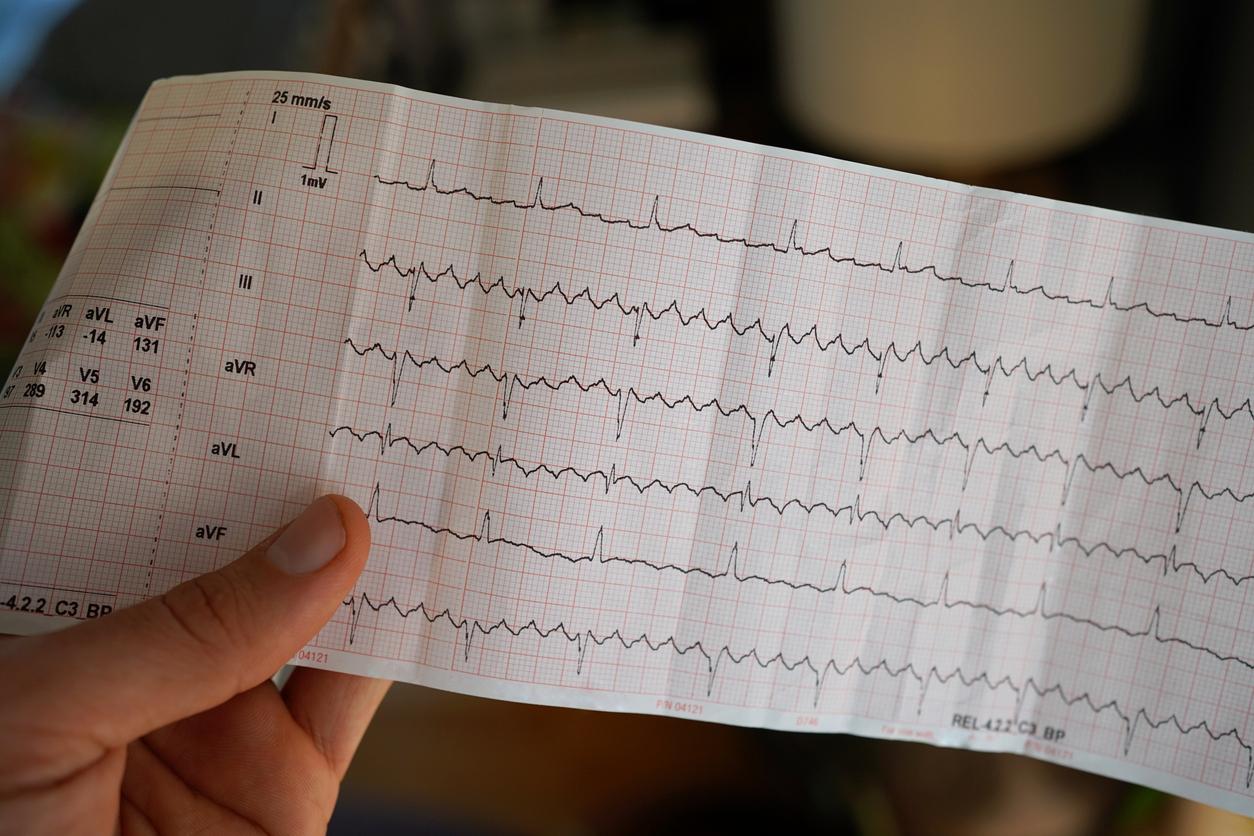Atrial fibrillation is a heart rhythm disorder. When accompanied by heart failure, treatment with catheter ablation may be more effective than drugs, according to the results of a new study.

Atrial fibrillation is a common heart disease, especially in older people. According to theHealth Insurance, it concerns more than 10% of the over 80s. It results in an acceleration of the rhythm of the heart, which then beats irregularly. When a patient has this disease, the risk of death is higher, especially if it is combined with heart failure. Researchers from the University of Utah in the United States present the results of a new study on this subject, published this week in the New England Journal of Medicine. For patients with atrial fibrillation and heart failure, catheter ablation is more effective than medication.
A non-surgical technique
Catheter ablation is one way to treat cardiac arrhythmias. No need to stop the heart, nor to proceed to a general anesthesia, the doctors use tubes which they insert in the blood vessels and which allow them to reach the interior of the heart. The catheter destroys the defective tissue inside the heart muscle and fixes the problem of cardiac arrhythmia.
A lower mortality rate
For this research, American scientists selected 363 patients, all with atrial fibrillation and heart failure. Two groups were formed: one received conventional drug treatment, the other underwent catheter ablation. The mortality rate is 45% for the first group and 28% for the second. The mortality rate more specifically linked to a heart problem was also studied: it is 25% for the first group and 13% for the other.
James Fang, chief of cardiac medicine at the University of Utah welcomes this landmark research: “For the first time in a randomized study, the catheter ablation approach to treat atrial fibrillation may be better than the treatment currently given to these patients. ” The technique of catheter ablation began to develop in the early 1990s.

.

















